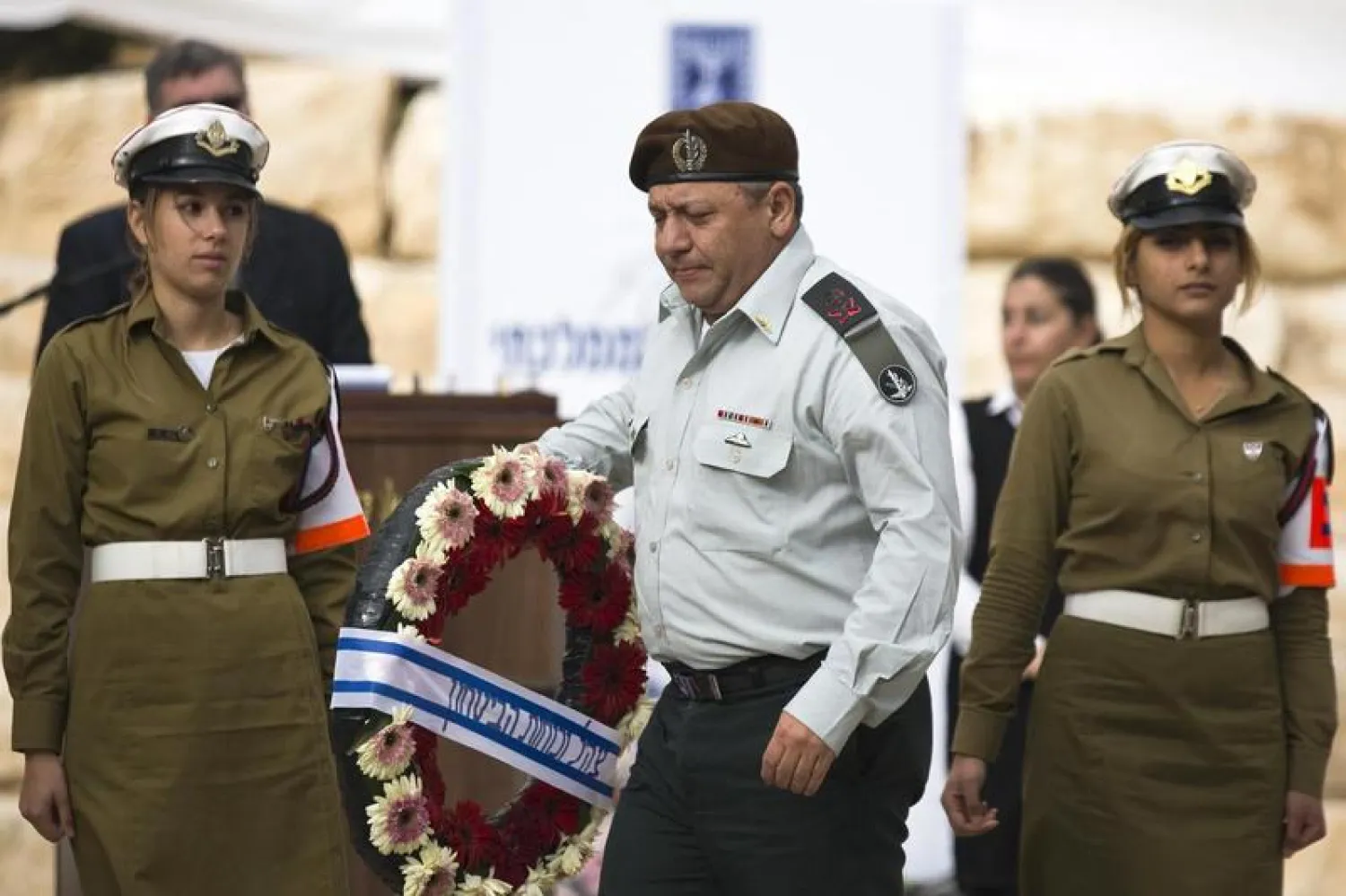Former Israeli army chief Gadi Eisenkot condemned the 2018 US decision to withdraw from the Iran nuclear deal, calling it a "strategic mistake," according to The Times of Israel.
"To us, it was completely out of the blue. In my opinion, it was also a strategic mistake," he added.
Eisenkot said the US pullout from the deal removed "certain shackles" on Iran, granting it "legitimacy" to push forward its nuclear program in violation of the pact.
Eisenkot stated that top Israeli security officials were kept in the dark ahead of then-US president Donald Trump's decision to withdraw from the 2015 accord, which curbed Iran's nuclear program in exchange for sanctions relief.
Eisenkot was commanding the Israeli military when the deal was signed.
"Only Yossi Cohen, Ron Dermer, and Benjamin Netanyahu dealt with this issue of leaving the nuclear deal. No one spoke with the security establishment," Eisenkot said, referring to the former prime minister and two of his closest confidantes.
Netanyahu was a vocal opponent of the deal when it was reached during the Obama administration and pushed for world powers to scrap the agreement before Trump withdrew.
Eisenkot, who led the Israel Defense Forces from 2015 to 2019, expressed his belief that "the sanctions are partial, and there is no oversight, the Chinese and Russians do not cooperate with the Americans."
He said that the United States of today is different from the United States in 2015.
"How much the Iranians are taking the Americans into account is a very relevant component," stated Eisenkot, adding that they are not considering them and not taking into account a US attack.
"They are taking advantage of the situation, and this is a problem."
Asked if Israel was capable on its own of striking Iran, Eisenkot said, "It's complicated."
The former general criticized Prime Minister Naftali Bennett for ruling out a meeting with the US Special Envoy on Iran, Robert Malley, before he visited Israel in November, noting Israeli requests for armaments after the conflict in May with the Hamas group.
"There's a sort of arrogance here for domestic purposes. I understand the fear of Bibi [Netenyahu], but to earn a point and a half in public relations, you don't do a thing like this," he added.
Eiseknot claimed Israel nearly assassinated Iranian General Qassem Soleimani, who headed al-Quds Force of Iran's Revolutionary Guard, in May 2018 after Iranian forces in Syria fired rockets at the Golan Heights.
"There was a decision that got approval to hit everyone in this incident who took action against us," Eisenkot said.
"We decided that if he were in some command post or operations room or the area, we'd take him down," he indicated, adding that: "We had permission for that, but we didn't succeed in carrying it out."
Eisenkot issued a thinly veiled threat to Soleimani in 2019 as he was leaving the Israeli forces, and reports from 2018 said Israel discussed assassinating the Iranian general with the US.
Soleimani was killed in January 2020 by a US drone as he arrived in Baghdad.
Eisenkot claimed the Israeli Forces was involved in the campaign against ISIS, arguing that Israel was working with "many armies, on countless special operations" against ISIS.
"I can estimate that in our operations, hundreds of ISIS operatives were killed and over a thousand wounded, facilities and infrastructure destroyed," he said.









